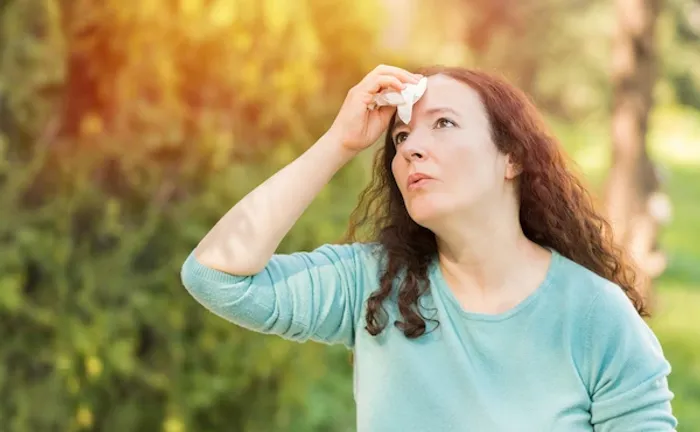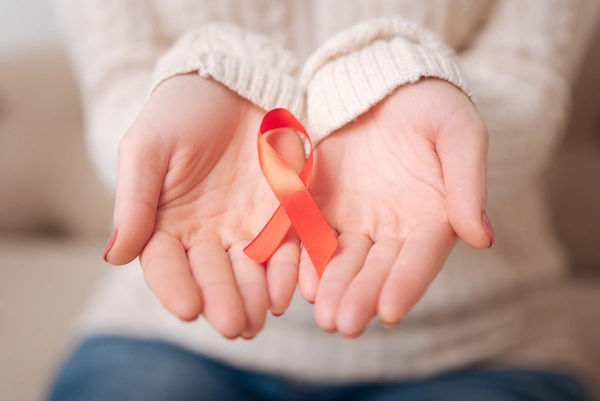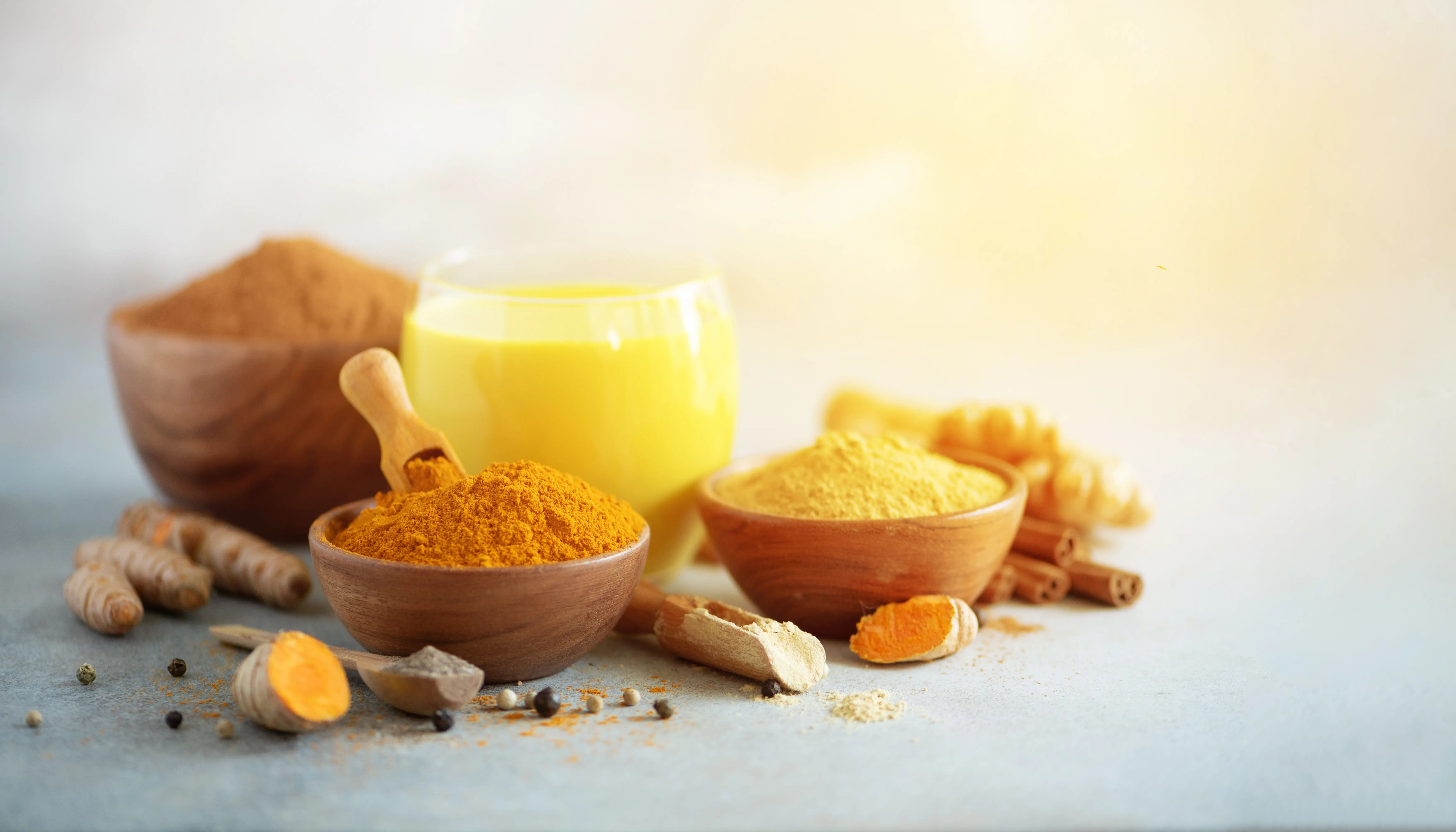Guide to Stay Hydrated This Summer
Learn how to stay hydrated and healthy this summer with expert tips on water intake, electrolyte balance, hydrating foods, and practical strategies to prevent dehydration.

Written by Dr. Dhankecha Mayank Dineshbhai
Reviewed by Dr. Rohinipriyanka Pondugula MBBS
Last updated on 13th Jan, 2026

Introduction
As the summer sun beats down and temperatures soar, our bodies embark on a silent, constant battle to stay cool. This vital cooling process—sweating—comes at a cost: the rapid loss of water and essential minerals. Staying hydrated becomes more than just a health suggestion; it's a critical necessity for maintaining energy, focus, and overall well-being during the hottest months. But with so much advice available, how do you separate fact from fiction? This comprehensive guide is your go-to resource for everything you need to know about summer hydration. We'll move beyond the simple "drink eight glasses a day" mantra to explore the science of hydration, uncover the best fluids and foods to consume, and provide practical, actionable tips to ensure you and your family stay safe, healthy, and vibrant all season long. Let's dive in.
Why Summer Demands Extra Hydration
Summer heat and humidity significantly increase the strain on your body's thermoregulation systems. Simply put, you lose fluids much faster when it's hot.
How Your Body Loses Fluids in the Heat
The primary mechanism for cooling down is perspiration. As sweat evaporates from your skin, it takes heat with it. On a very hot day, you can lose a significant amount of water through sweat alone—sometimes more than a litre per hour during intense exercise or physical labor. You also lose additional fluids through increased respiration (breathing harder in the heat) and more frequent urination.
The Domino Effect of Dehydration on Your Health
Even mild dehydration can trigger a cascade of negative effects. It thickens your blood, making your heart work harder to pump it. It reduces blood volume, leading to decreased oxygen and nutrient flow to your muscles and brain. This domino effect can result in:
- Fatigue and low energy
- Headaches and dizziness
- Muscle cramps and spasms
- Impaired cognitive function (brain fog, poor concentration)
- Kidney strain and increased risk of kidney stones
Staying ahead of dehydration is key to preventing these issues before they start.
Consult a General Practitioner for the best advice
How Much Water Should You Really Drink in Summer?
The classic "eight 8-ounce glasses a day" (about 2 litres) is a good starting point, but it's not one-size-fits-all, especially in summer.
The 8x8 Rule vs. Individual Needs
Your ideal water intake depends on several factors: your body weight, activity level, and how much you're sweating. A more personalised approach is to aim for 30-35 ml of water per kilogram of body weight. For a 68 kg (150 lb) person, that's about 2.1-2.4 litres per day before adding extra for summer activity. If you're active outdoors, add an extra 1-2 cups (250-500 ml) for every hour of activity.
Listen to Your Body: Key Hydration Cues
Your body provides excellent hints. Thirst is an obvious one, but it's actually a late sign of dehydration. A better
indicator is urine colour. Aim for pale yellow or straw-coloured urine. Dark yellow or amber urine is a clear sign you
need to drink more fluids.
Beyond Water: Top Hydrating Foods and Drinks
While water is essential, it's not the only tool in your hydration toolkit. Incorporating water-rich foods and electrolyte-balanced drinks can be a game-changer.
Electrolytes Explained: Why They Matter
Electrolytes—primarily sodium, potassium, magnesium, and calcium—are minerals that carry an electric charge and are vital for nerve function, muscle contraction, and maintaining fluid balance within your cells. When you sweat, youlose these crucial electrolytes. Replenishing them is key to preventing hyponatraemia (low blood sodium) and muscle cramps.
The Best Summer Fruits and Vegetables for Hydration
Many fruits and vegetables are over 90% water, making them perfect, nutrient-dense snacks for staying hydrated . Cucumber: The Hydration PowerhouseTopping the list at about 96% water, cucumbers are incredibly refreshing. Add them to water for a flavor boost, slice them into salads, or enjoy them as a cool, crunchy snack.
Watermelon: A Sweet Source of Electrolytes
True to its name, watermelon is roughly 92% water. It also contains natural sugars for energy and small amounts of
electrolytes like potassium and magnesium, making it a perfect post-workout summer treat.
Other excellent choices include celery, strawberries, oranges, bell peppers, and spinach.
Healthy Homemade Alternatives to Sugary Drinks
Avoid sugar-laden sodas and commercial sports drinks unless you are engaged in very intense, prolonged exercise. Instead, try:
- Infused Water: Add slices of lemon, lime, mint, or berries to a pitcher of water.
- Coconut Water: A natural source of potassium and other electrolytes with less sugar than most sports drinks.
- Homemade Electrolyte Drink: Mix 1 litre of water, 1/4 tsp salt (sodium), a splash of 100% fruit juice (for potassium and flavor), and a squeeze of lemon (for magnesium and calcium).
Practical Tips to Stay Hydrated All Day Long
Knowing what to do is one thing; remembering to do it is another. Here’s how to build smart habits.
Building a Hydration Habit: Simple Hacks
- Carry a Reusable Bottle: Keep a large water bottle with you at all times as a visual reminder.
- Set Phone Reminders: Use apps or alarms to prompt you to take a few sips every 30 minutes.
- Pair with Activities: Drink a glass of water before every meal and after every bathroom break.
- Eat Your Water: Prioritise incorporating those water-rich fruits and veggies into every meal.
Hydration for Summer Sports and Outdoor Activities
- Pre-Hydrate: Drink 2-3 cups (500-750 ml) of water in the 2-3 hours before your activity.
- Hydrate During: Sip 1 cup (250 ml) every 15-20 minutes during exercise.
- Replenish After: Weigh yourself before and after. Drink 3 cups (750 ml) of water for every pound (0.45 kg) lost. For activities longer than 60-90 minutes, a drink with electrolytes is recommended.
Recognising and Preventing Dehydration
Vigilance is your best defense against the more serious effects of dehydration.
Early Warning Signs You Should Never Ignore
Be aware of these symptoms of heat exhaustion, a condition primarily caused by dehydration:
- Excessive thirst
- Dry mouth and sticky saliva
- Dark yellow urine
- Dizziness, lightheadedness, or headache
- Fatigue and irritability
If you experience these, immediately move to a cool place, sip water or an electrolyte drink, and apply cool, wet clothes to your skin. If symptoms like confusion, fainting, or a rapid heartbeat occur, seek medical attention immediately, as this could indicate heat stroke, a life-threatening emergency.
Special Considerations for Children and Seniors
Both groups are at higher risk. Children often forget to drink while playing, and their bodies heat up faster than adults'. Seniors have a diminished sense of thirst and may have underlying health conditions or take medications (like diuretics) that affect fluid balance. Caregivers must proactively offer fluids to both children and older adults throughout the day.
Common Summer Hydration Myths Debunked
- Myth 1: Coffee and Tea Dehydrate You. While caffeine is a mild diuretic, the water content in your morning coffee or tea still contributes positively to your overall fluid intake. They are not substitutes for water, but they aren't villains either.
- Myth 2: You Only Need to Drink When You're Thirsty. By the time you feel thirsty, you are already dehydrated. Use thirst as a reminder, but don't rely on it as your sole indicator.
- Myth 3: Sports Drinks Are Always the Best Choice. Most commercial sports drinks are high in sugar. They are designed for athletes engaged in vigorous, sustained activity. For most people doing moderate exercise, water is sufficient.
### Conclusion
Staying optimally hydrated this summer is one of the simplest yet most powerful things you can do for your health. It fuels your energy, sharpens your mind, and protects your body from the serious risks associated with heat. By moving beyond just chugging water and embracing a strategy that includes electrolyte balance, hydrating foods, and consistent habits, you can transform hydration from a chore into an effortless part of your daily routine. Listen to your body, be proactive with your fluid intake, and choose refreshing, nutrient-dense options to beat the heat. If you experience persistent symptoms like extreme fatigue, dizziness, or infrequent urination despite your efforts to rehydrate, it may be time to seek professional advice. Consult a doctor online with Apollo24|7 for further evaluation to rule out any underlying conditions. Here's to a safe, healthy, and hydrated summer!
Consult a General Practitioner for the best advice
Consult a General Practitioner for the best advice

Dr. Anand Ravi
General Physician
2 Years • MBBS
Bengaluru
PRESTIGE SHANTHINIKETAN - SOCIETY CLINIC, Bengaluru

Dr Syed Mateen Pasha
General Physician
2 Years • MBBS
Bengaluru
PRESTIGE SHANTHINIKETAN - SOCIETY CLINIC, Bengaluru

Dr. Vivek D
General Physician
4 Years • MBBS
Bengaluru
PRESTIGE SHANTHINIKETAN - SOCIETY CLINIC, Bengaluru

Dr. Syed Ismail Ali
General Practitioner
7 Years • MBBS
Hyderabad
Apollo 24|7 Clinic, Hyderabad

Dr Bhargav Vuppumalla
General Physician/ Internal Medicine Specialist
5 Years • MBBS MD GENERAL MEDICINE
Bengaluru
Apollo Medical Center, Marathahalli, Bengaluru
Consult a General Practitioner for the best advice

Dr. Anand Ravi
General Physician
2 Years • MBBS
Bengaluru
PRESTIGE SHANTHINIKETAN - SOCIETY CLINIC, Bengaluru

Dr Syed Mateen Pasha
General Physician
2 Years • MBBS
Bengaluru
PRESTIGE SHANTHINIKETAN - SOCIETY CLINIC, Bengaluru

Dr. Vivek D
General Physician
4 Years • MBBS
Bengaluru
PRESTIGE SHANTHINIKETAN - SOCIETY CLINIC, Bengaluru

Dr. Syed Ismail Ali
General Practitioner
7 Years • MBBS
Hyderabad
Apollo 24|7 Clinic, Hyderabad

Dr Bhargav Vuppumalla
General Physician/ Internal Medicine Specialist
5 Years • MBBS MD GENERAL MEDICINE
Bengaluru
Apollo Medical Center, Marathahalli, Bengaluru
More articles from General Medical Consultation
Frequently Asked Questions
1. What are the first signs of dehydration?
The earliest signs often include feeling thirsty, having a dry mouth, reduced urine output, and noticing your urine is dark yellow. You might also feel a slight headache or tiredness.
2. Is it possible to drink too much water?
Yes, though rare. Overhydration (hyponatraemia) occurs when you drink so much water that it dilutes the sodium in your blood. This is most common in endurance athletes. It's best to sip consistently rather than chug large volumes infrequently.
3. Are sports drinks better than water for summer hydration?
For the average person engaging in moderate activity, water is perfect. Sports drinks are beneficial for athletes or individuals doing intense, continuous exercise for longer than 60-90 minutes, as they replace electrolytes and provide quick energy from sugars.
4. How can I get my child to drink more water in the summer?
Make it fun! Use colourful straws and character-themed cups. Create homemade 'ice lollies' from pureed fruit and water. Offer water-rich fruits like watermelon and oranges as snacks. Set a good example by drinking water yourself.
5. Does drinking cold water help you cool down faster?
Yes, but the effect is mild. Drinking cold water helps slightly lower your core body temperature from the inside. However, applying cold water to your skin (like with a misting spray or damp cloth) is even more effective for immediate cooling.




